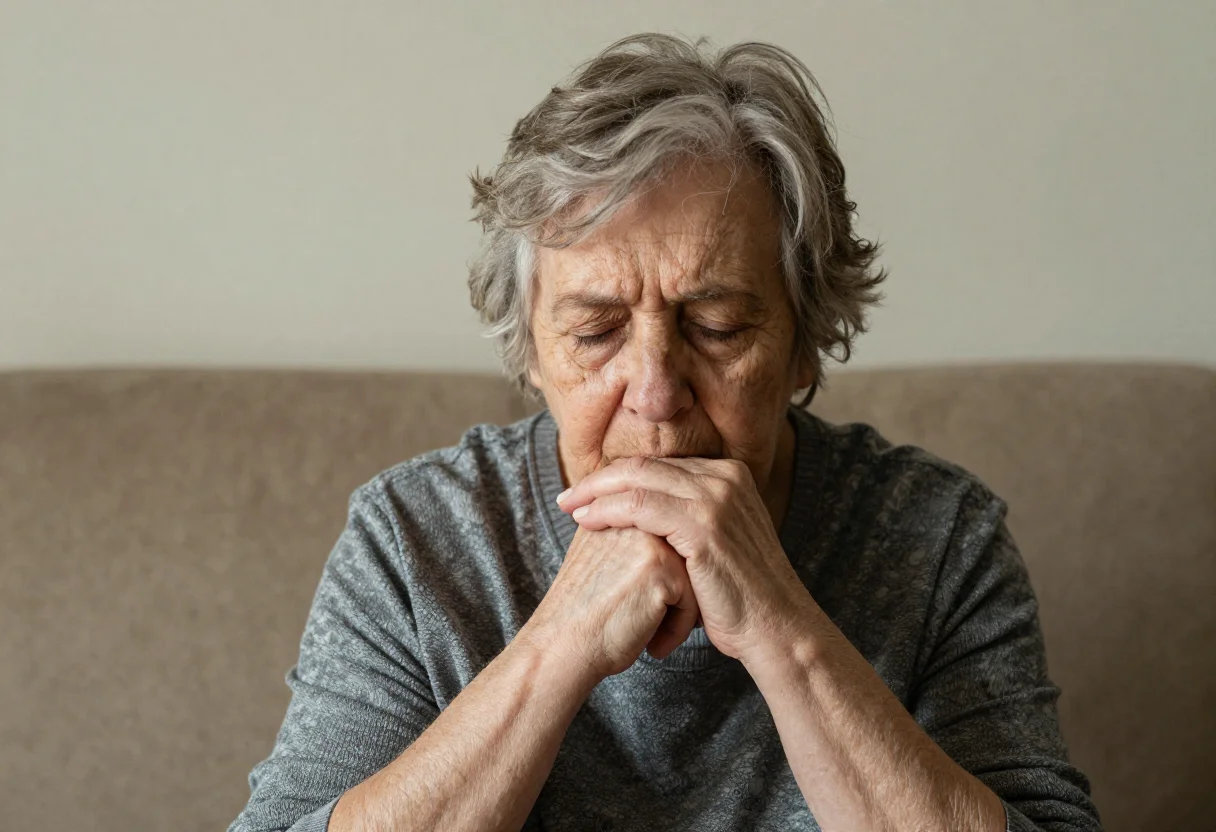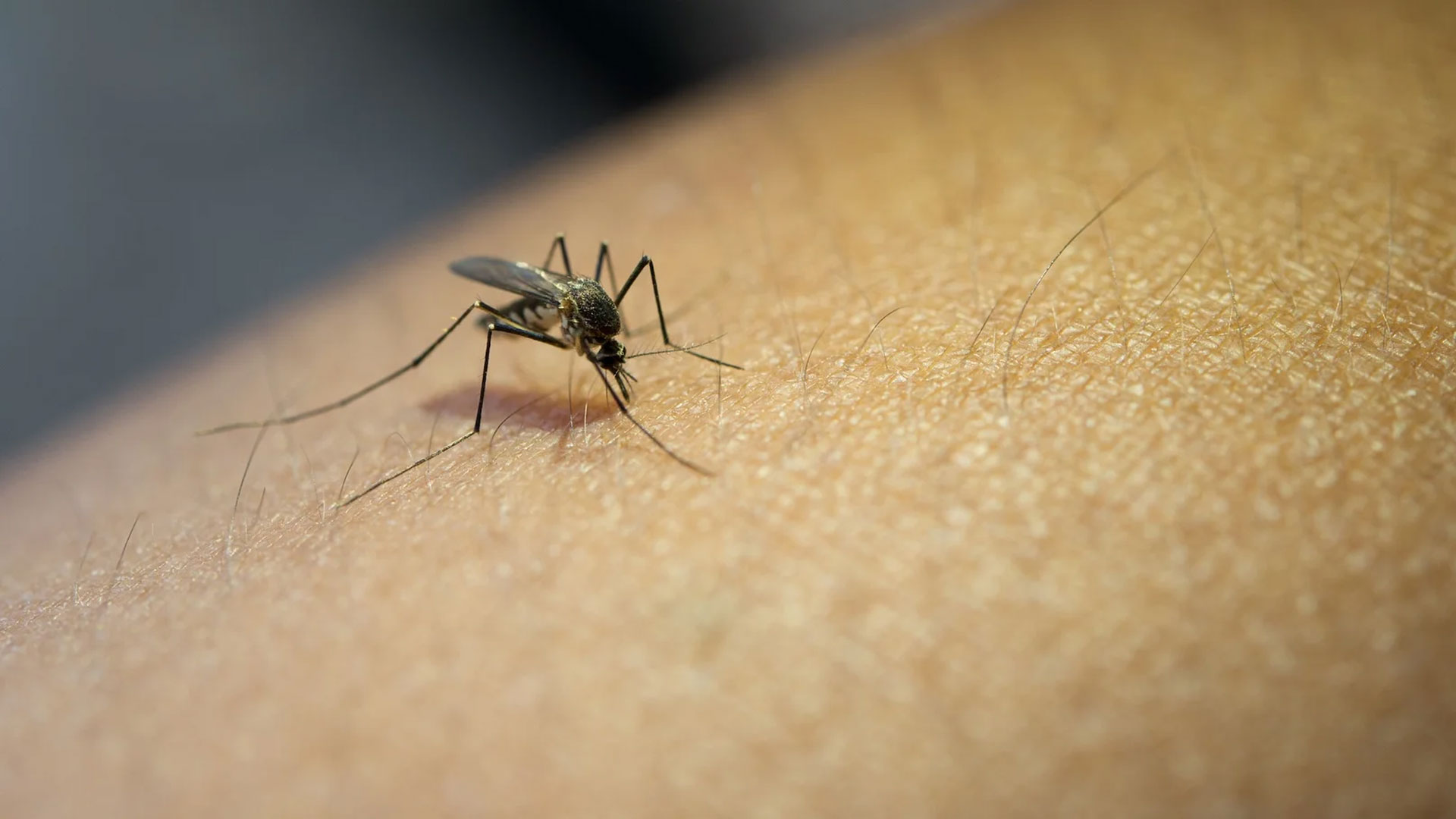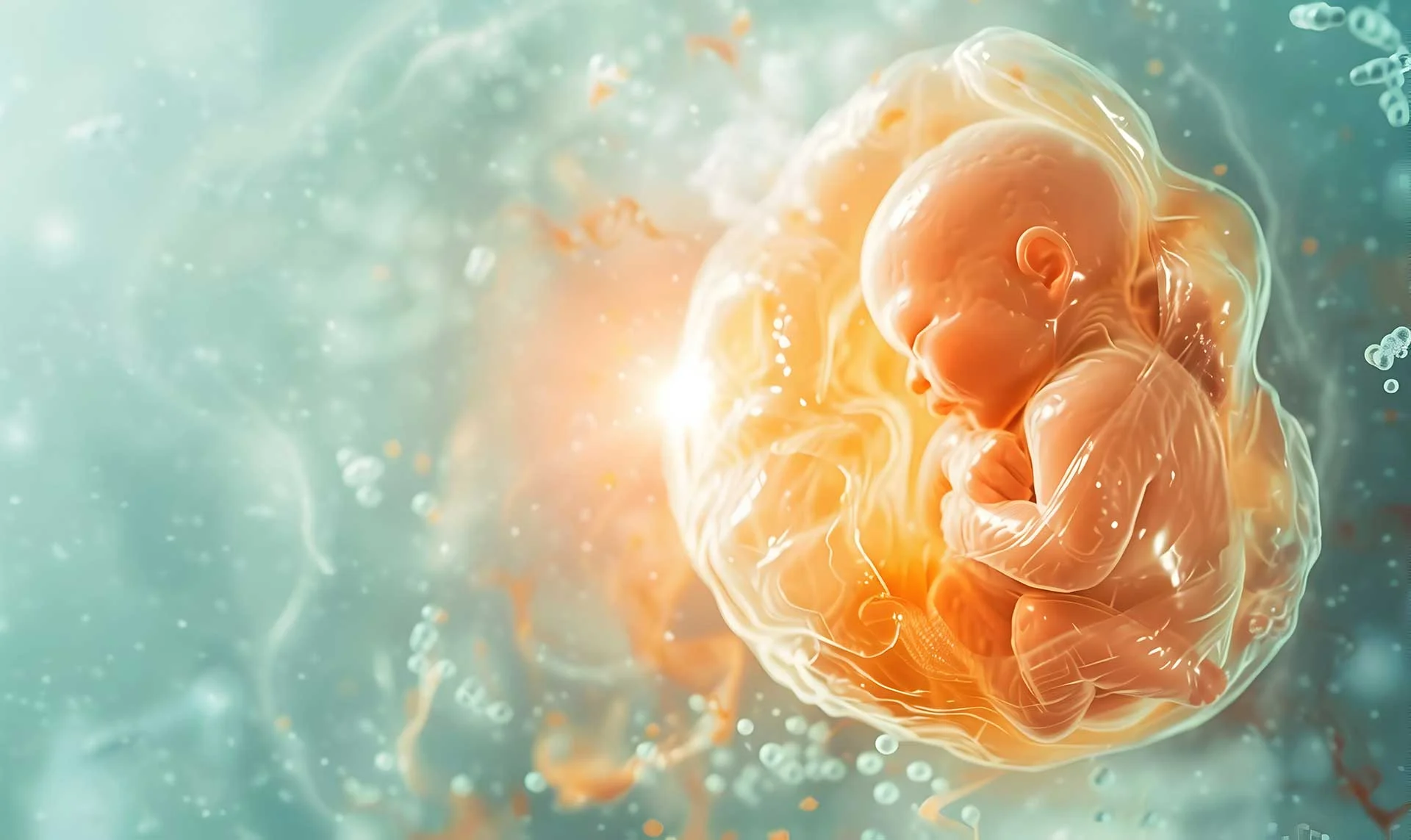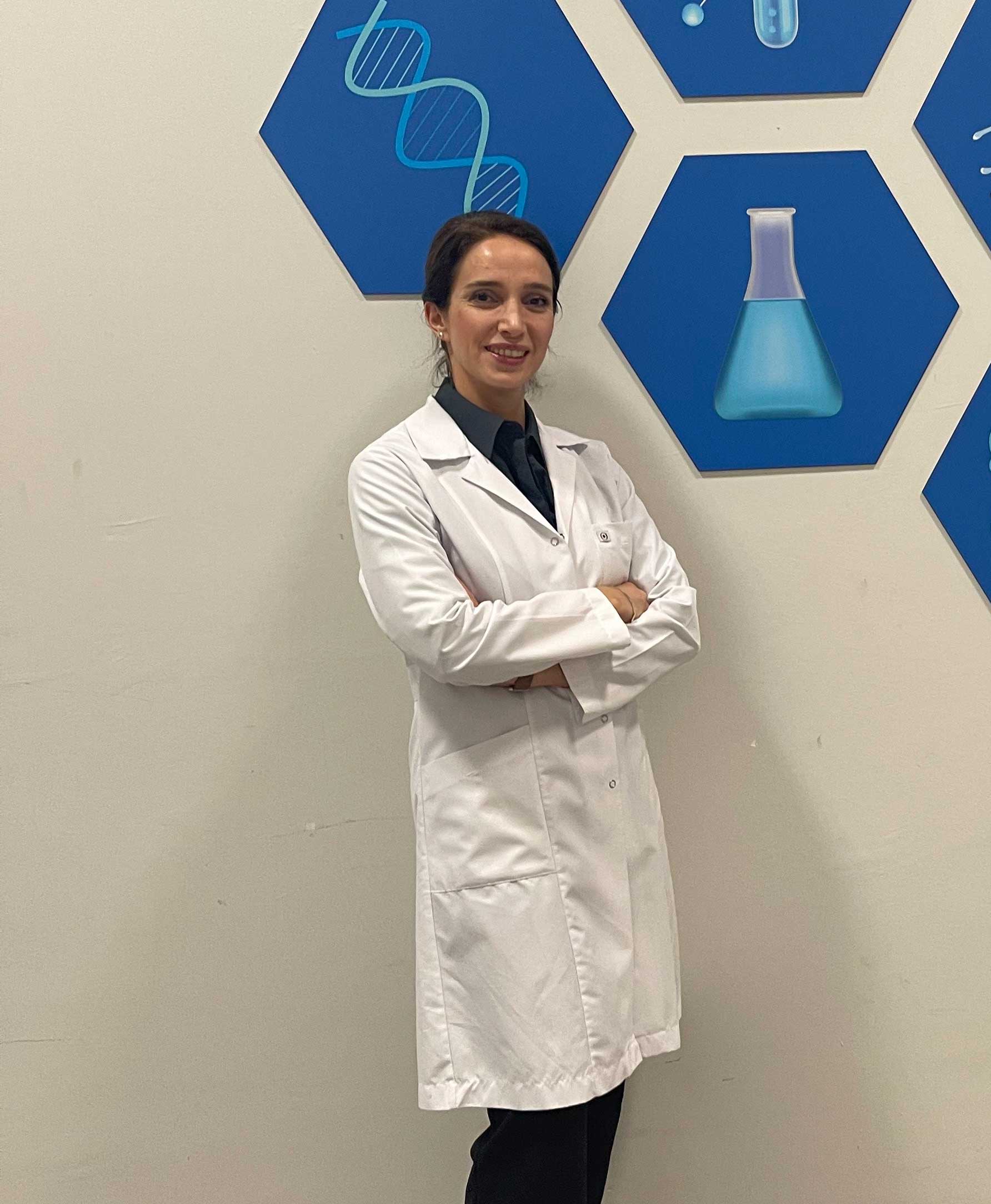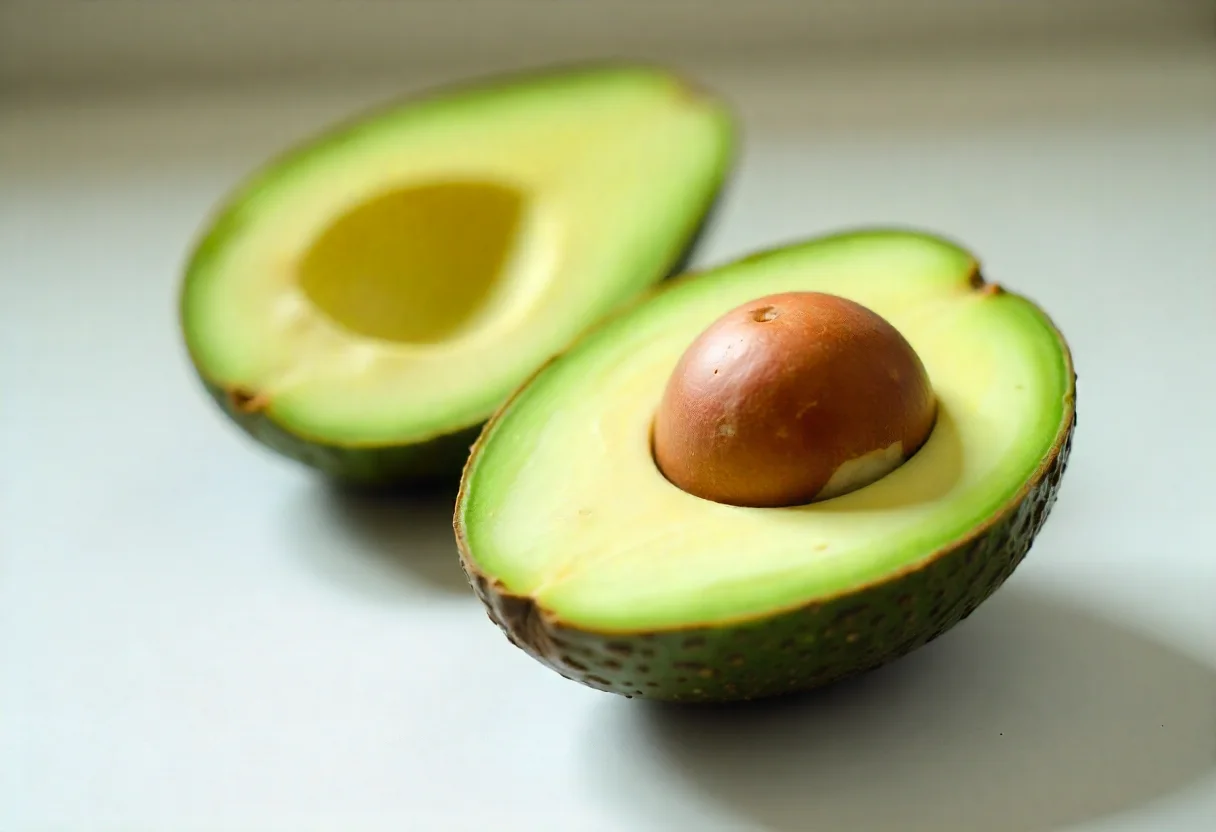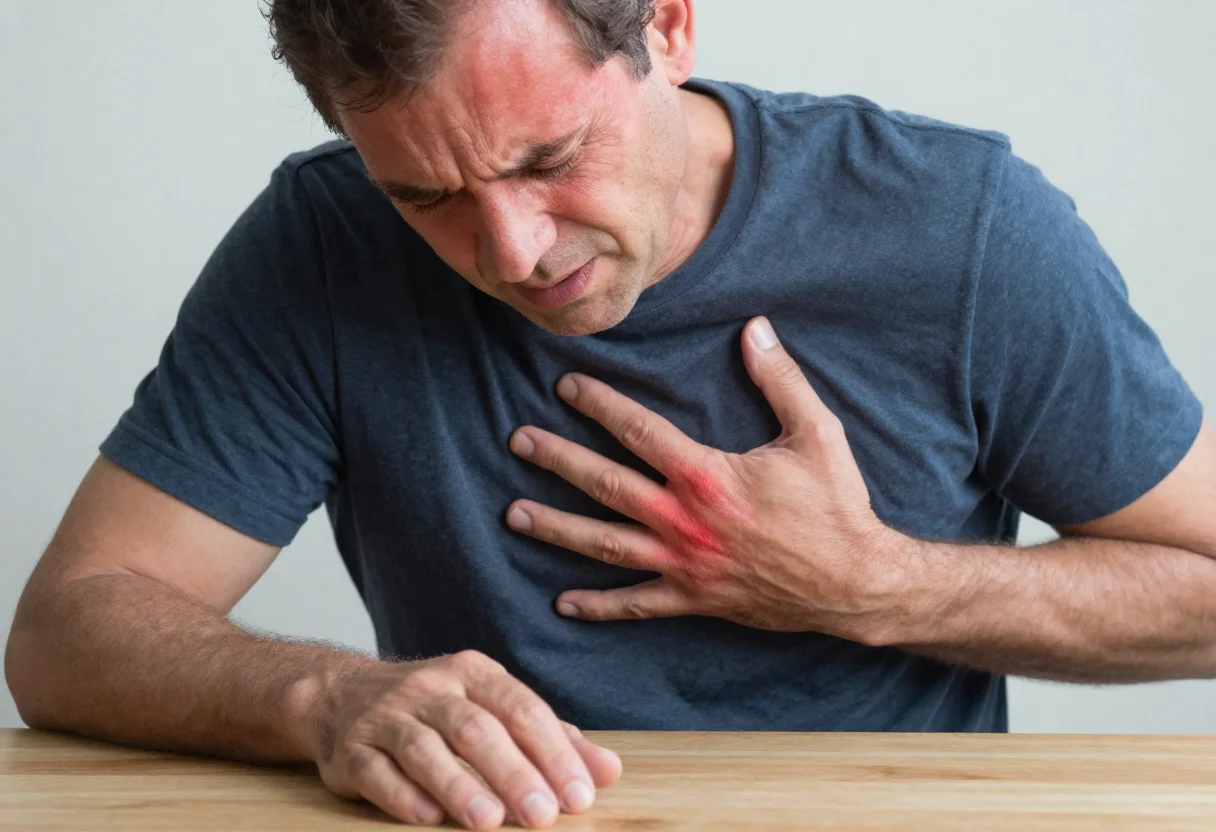
Cancer is a disease that occurs by the transformation of healthy cells into cancerous cells in our body. This disease can be classified as hereditary, also known as simply carried by genes, or sporadic (non-hereditary), which is caused by different types of factors that cause changes in the genes. Factors that cause cancer in sporadic cases include environmental factors, sunlight, carcinogenic substances, radiation, infection, diet, smoking-alcohol consumption, and stress. When considered on an organ or tissue basis, other factors such as endogenous (produced in the body) and exogenous (derived externally) hormones come into play depending on where the cancer occurs.
1. Massimo, A., et al. Distance as a Barrier to Cancer Diagnosis and Treatment: Review of the Literature. (2015).https://pubmed.ncbi.nlm.nih.gov/26512045/
2. Enrique, E., et al. Classification of anticancer drugs—a new system based on therapeutic targets. (2003). https://pubmed.ncbi.nlm.nih.gov/14585261/
3. Zitvogel, L., et al. Immune parameters affecting the efficacy of chemotherapeutic regimens. (2011). https://pubmed.ncbi.nlm.nih.gov/21364688/
4. Thariat, J., et al. Past, present, and future of radiotherapy for the benefit of patients. (2013). https://pubmed.ncbi.nlm.nih.gov/23183635/
5. Yılmaz, B.K., and Arga K.Y. Driving Precision Oncology to Clinical Practice: The Road Ahead from Biomarker Validation to Clinical Decision Systems. (2022).
